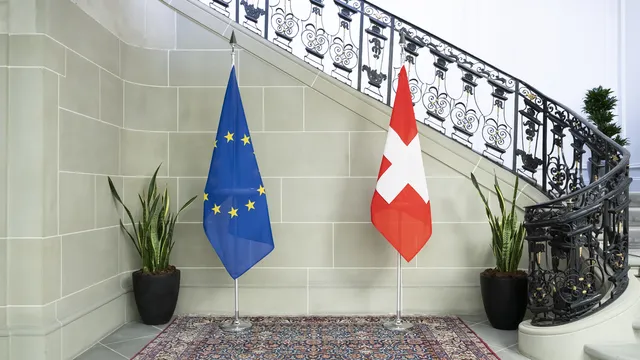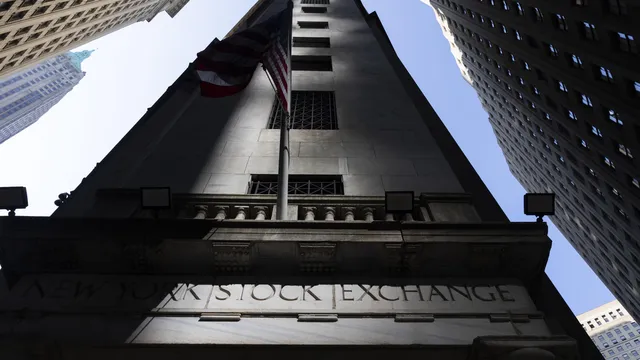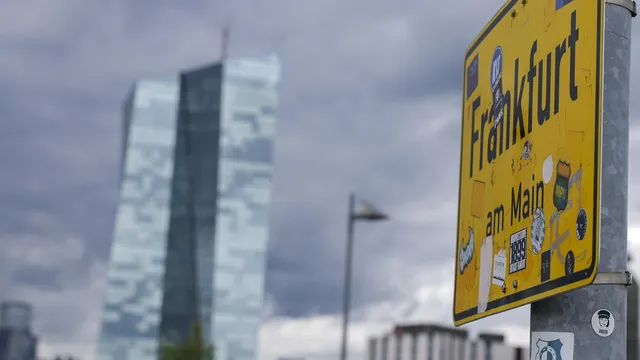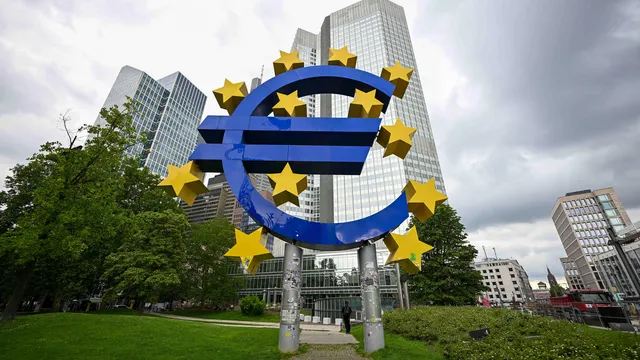The reaction in Switzerland to the 39% tariffs announced by Donald Trump—exceeding the previously threatened 31%—has been one of complete astonishment and disappointment, the BBC reported.
Until the last moment, the country had hoped for a deal. In May, Swiss President Karin Keller-Sutter stated she had received assurances that Switzerland would be next in line after the United Kingdom to sign a trade agreement with the United States, even suggesting a possible tariff rate as low as 10%.
However, following a final phone call with Donald Trump last night, she announced that no agreement had been reached.
The pharmaceutical sector—a cornerstone of the Swiss economy—described the day as a "dark one" for the country. The tech industry warned that thousands of jobs were now at risk.
Leading politicians are urging the government to continue negotiations, though hopes remain slim.
Trump’s main issue appears to be the trade imbalance—Switzerland exports more to the U.S. than it imports. But the reality is that Switzerland produces goods that the American market needs but does not manufacture domestically, such as precision metalworking machinery and pharmaceuticals.
Conversely, products made in the U.S.—like cars—are virtually absent from Swiss consumer demand. This makes it practically impossible for a country of just nine million people to balance such a trade deficit.
Today, the mood in Switzerland is somber. The deadline set by Trump for customs deals coincides with the Swiss National Day—the country’s equivalent of the Fourth of July in the United States.
And while celebrations take place, the Swiss feel unfairly punished for producing high-quality goods that the world’s largest economy wants to buy. | BGNES

 Breaking news
Breaking news
 Europe
Europe
 Bulgaria
Bulgaria







